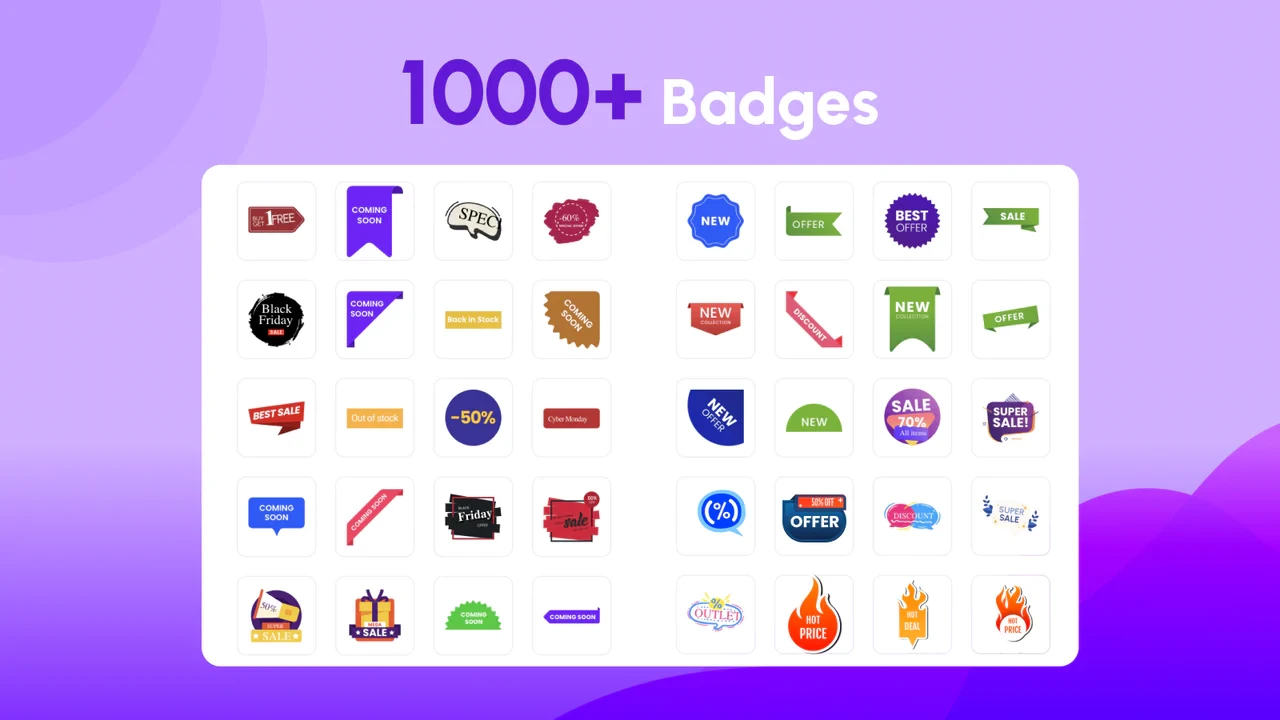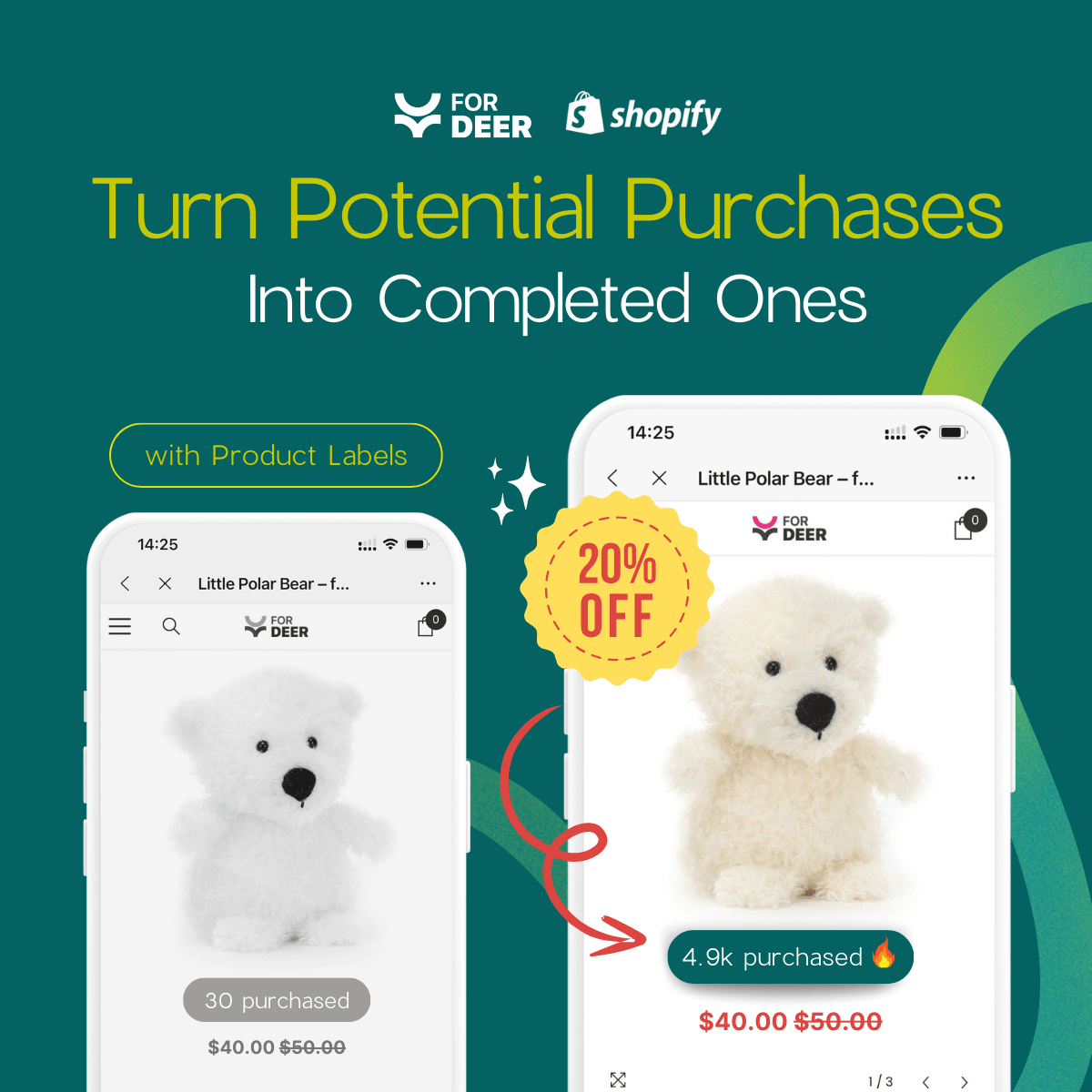The Market Demands In Marketing You Should Know

Before starting a business in any field, the first thing that a business always needs to do is research and understand the market demand for that product/service. From there, it can build accurate and appropriate product strategies.
Let’s learn the 5 key market demands you need to know to succeed in 2024 with Fordeer. We will discover how understanding customer needs, leveraging data, building trust, and embracing new trends can take your marketing efforts to the next level.
An Overall View in the Market of Marketing
Market demands in marketing and its importance
The ever-evolving landscape of marketing demands a keen understanding of what the market desires. This understanding, often referred to as "market demand," is not simply about identifying what products and services are currently popular. It delves deeper, encompassing the ever-shifting needs, wants, and preferences of consumers. These demands are influenced by a multitude of factors, including economic conditions, technological advancements, and even socio-cultural trends.
Understanding market demand is crucial for businesses of all sizes, as it serves as the compass guiding their marketing strategies. By closely analyzing these demands, businesses can tailor their offerings to resonate with their target audience. This goes beyond just product development; it encompasses everything from crafting compelling messaging and pricing strategies to choosing the most effective marketing channels.
For instance, the surge in popularity of social media platforms has created a demand for engaging and shareable content, requiring businesses to adapt their marketing tactics accordingly. Similarly, the growing environmental consciousness among consumers has led to an increased demand for sustainable products and practices, necessitating businesses to re-evaluate their production and marketing strategies to align with these evolving values.
In essence, market demand is the lifeblood of successful marketing. By continuously monitoring and adapting to these demands, businesses can not only stay relevant in a competitive landscape but also forge meaningful connections with their customers, ultimately fostering brand loyalty and driving sustainable growth.
The changing nature of these demands
The demands we face are no longer static but rather morph and evolve like fluid shapes. Technological advancements birth entirely new sets of needs, while societal shifts alter existing ones, creating a dynamic landscape of expectations.
Yesterday's essential skill might become tomorrow's relic, replaced by something previously unimaginable. This ever-shifting terrain necessitates constant adaptation and a spirit of lifelong learning. In the past, a career path could be charted with relative certainty, with skills honed once serving a lifetime. Today, however, the ability to learn, unlearn, and relearn becomes paramount.

Let's consider the rise of automation: jobs once thought secure are now performed by machines, demanding a shift in focus towards tasks requiring creativity, critical thinking, and problem-solving. Additionally, environmental concerns have led to a surge in demand for sustainable practices and innovations, requiring individuals to embrace new knowledge and skill sets.
This constant flux isn't limited to professional spheres; it permeates personal lives as well. The ever-growing interconnectedness of the world creates new expectations for communication, information literacy, and even digital etiquette.
Navigating this dynamic landscape requires embracing a growth mindset. We must become proactive learners, constantly seeking opportunities to expand our knowledge and skillsets. This doesn't solely involve formal education; it encompasses self-directed learning, embracing challenges as opportunities for growth, and fostering a curiosity that fuels exploration. In a world where demands are fluid, the ability to adapt and embrace constant evolution becomes the most valuable skill of all.
Key Market Demands
Customer centricity
The modern marketplace is no longer solely driven by what businesses produce but by the ever-evolving needs and expectations of customers. This shift has placed customer-centricity at the forefront of successful business strategies. Understanding customer desires is no longer a nice-to-have, but a critical element for survival.
Studies show that 80% of customers are more likely to do business with companies that provide personalized experiences, highlighting the importance of tailoring offerings and interactions to individual preferences. This goes beyond simply addressing customers by name; it involves understanding their purchase history, browsing behavior, and pain points to create a seamless and relevant experience.
By embracing customer-centricity, businesses can foster deeper connections with their audience, leading to increased customer satisfaction (73%) and loyalty (67%). This translates to tangible benefits, with customer-centric companies 60% more profitable than their non-centric counterparts. In a world saturated with choices, prioritizing customer centricity is not just a trend, it's the key to unlocking sustainable growth and success.

Data-driven decisions
The modern marketing landscape thrives on data. Gone are the days of gut feelings and guesswork; today, data reigns supreme. Understanding the importance of data collection and analysis is crucial for any business hoping to navigate the ever-evolving market.
By gathering and meticulously analyzing data on customer demographics, behavior, and preferences, businesses can gain invaluable insights into market demands. This knowledge empowers them to leverage data for effective marketing strategies, ensuring they reach the right audience, with the right message, at the right time.
A study revealed that companies that are data-driven are 23 times more likely to acquire customers, 6 times more likely to retain customers, and 19 times more likely to be profitable compared to their non-data-driven counterparts. These compelling figures showcase the immense power data holds in shaping successful marketing strategies.
Authenticity and transparency
It seems like consumers are no longer satisfied with simply being sold to. They crave authenticity and transparency, demanding brands they can connect with on a deeper level. This means building trust through genuine communication that reflects the brand's true values and purpose. A study by Cone Communications found that 94% of consumers are more likely to be loyal to brands that are transparent about their practices.
Furthermore, consumers are increasingly concerned about the social and environmental impact of the brands they choose to support. A recent Nielsen report revealed that 73% of global consumers are willing to pay more for sustainable products, highlighting the growing demand for brands that actively address these critical issues.
By embracing transparency and showcasing their commitment to ethical practices and environmental responsibility, brands can not only build trust but also attract a new generation of conscious consumers. This shift in consumer behavior presents a powerful opportunity for brands to differentiate themselves in a crowded marketplace and forge meaningful connections with their audience.

And if you are looking for an application that helps you manage and create every authentic and eye-catching badge and get free plans with helpful advanced features, you should try Fordeer: Product Labels & Badges. This product badges app helps you build customer trust, boosting your sales, which is exactly what every store owner needs. With just a few simple steps, you can create attractive badges and labels on the platforms to increase the trust of the store.
Omnichannel Marketing
Businesses are increasingly prioritizing omnichannel marketing, a strategy that integrates various platforms—from websites and social media to brick-and-mortar stores and mobile apps—to deliver a unified and consistent brand experience. This approach is no longer a luxury, but a necessity. Studies from Zendesk show that 73% of customers expect consistent experiences across all channels, and 80% are more likely to do business with companies that provide them.
By orchestrating a cohesive narrative across channels, businesses can not only capture customer attention but also foster deeper engagement and brand loyalty. Imagine a customer browsing a product online, receiving a personalized discount voucher via email, and then seamlessly completing the purchase in a physical store with the help of a knowledgeable salesperson. This interconnected experience fosters trust and strengthens customer relationships, ultimately leading to increased customer lifetime value (CLTV) and higher conversion rates.
Agility and Adaptability
Users are more informed and fickle than ever, with their preferences and buying habits constantly evolving. A 2023 study found that 73% of consumers expect brands to adapt their products and services based on their changing needs. This necessitates a shift from rigid, long-term plans to embracing a more fluid and responsive approach.
This agility manifests in the ability to quickly identify and respond to emerging trends. For instance, the recent surge in online shopping due to the pandemic prompted businesses to invest heavily in e-commerce platforms, with global online retail sales reaching a staggering $5.3 trillion in 2022. Moreover, adapting to new technologies is fundamental.
The rise of social media has necessitated incorporating social media marketing strategies, with over 4.66 billion active social media users worldwide in 2023. By embracing these changes and fostering a culture of continuous learning, businesses can not only survive but thrive in this ever-shifting landscape.
Conclusion,
In today's dynamic market, understanding and adapting to market demands is crucial for any successful marketing strategy. By staying informed about the key demands outlined above, such as customer centricity, data-driven decision-making, authenticity, and agility, businesses can effectively reach their target audience, build brand loyalty, and ultimately achieve their marketing goals. Remember, the market is constantly evolving, so staying adaptable and learning new approaches will be key to long-term success.











